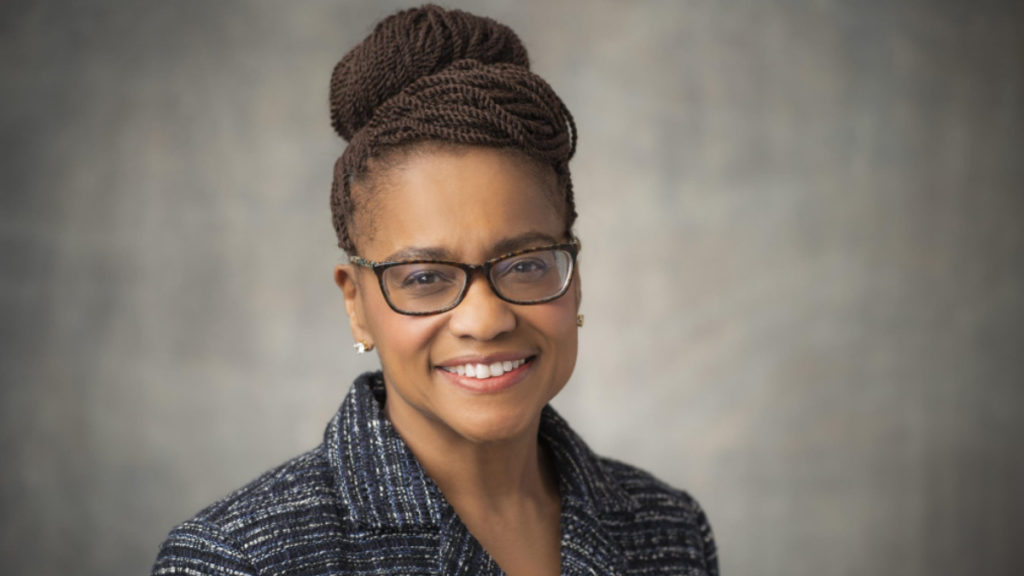Judicial Candidate Pam Saindon on the Cook County Circuit Court’s Early Resolution Program

![]()
Judicial Candidate Pam Saindon on the Cook County Circuit Court’s Early Resolution Program (Chicago, IL) – Can’t afford an attorney? Want to resolve a debt or eviction issue before a lawsuit is filed against you? There’s help through the Court’s Early Resolution Program.
It is a sinking feeling to get a summons to appear in court because a credit card company is suing you or your landlord has filed for eviction. In the best of times, life’s circumstances can put us in a shaky financial position. Covid has exacerbated any challenges we might have due to our own loss of income or that of a partner or spouse. You might think “What options do I have if I can’t pay the bill or rent?”, “How am I supposed to afford an attorney?” Or “How can I resolve this issue before a suit is filed against me?”
To answer those questions and in response to the economic crises caused by the ongoing COVID-19 epidemic, the Cook County Circuit Court has developed the Early Resolution Program (“ERP”).
Early Resolution Program or ERP
What is ERP? According to the Circuit Court of Cook County website, ERP provides legal aid services, mediation services, and community support resources for consumer debt or residential eviction actions. The program does not include commercial eviction cases. The goal of the program is to encourage early resolutions and agreements between the parties, if possible.
Who is eligible for ERP? Chief Judge Timothy C. Evans established the Program in December 2020 for all Cook County residents free of charge. The program is not only for those who are being sued, but also for landlords who do not have an attorney or if you need to sue someone for money and do not have an attorney.
What does ERP provide? For consumer debt and eviction cases filed after March 27, 2020, the program provides brief legal services, such as legal advice and drafting assistance, conflict resolution, such as mediation and negotiation assistance, and/or financial assistance, depending upon the circumstances of the case. But you do not have to have a case in court to get help.
Further Resources
Who provides the resources? The Program uses resource partners to help provide the various legal and financial assistance available. Partners include CARPLS Legal Aid, Greater Chicago Legal Clinic, Center for Conflict Resolution, Lawyers’ Committee for Better Housing, Center for disability & Elder Law, Legal Aid Chicago, Chicago Volunteer Legal Services, and Legal Aid Society of Metropolitan Family Services.
How can I participate in ERP? When the landlord or creditor files a lawsuit for eviction or consumer debt actions, they must include a notice of the ERP with the summons in English, Spanish, and Polish. For cases that have been filed from March 27 to January 25, 2021, the landlord or creditor must deliver to each defendant in a case a “Notice of Early Resolution Program” in English, Spanish, and Polish at least 5 days before the next court date.
More Information
How can I get more information? Eviction and consumer debt actions can have long-term effects on your future. For more information about the ERP, call 1-855-956-5763 or contact cookcountylegalaid.org.
**The information provided in this article does not, and is not intended to, constitute legal advice; instead, all information, content, and materials referred to in this article are for general informational purposes only.**
Domestic Relations Division Home
Judicial Candidate Pam Saindon on the Cook County Circuit Court’s Early Resolution Program








Responses